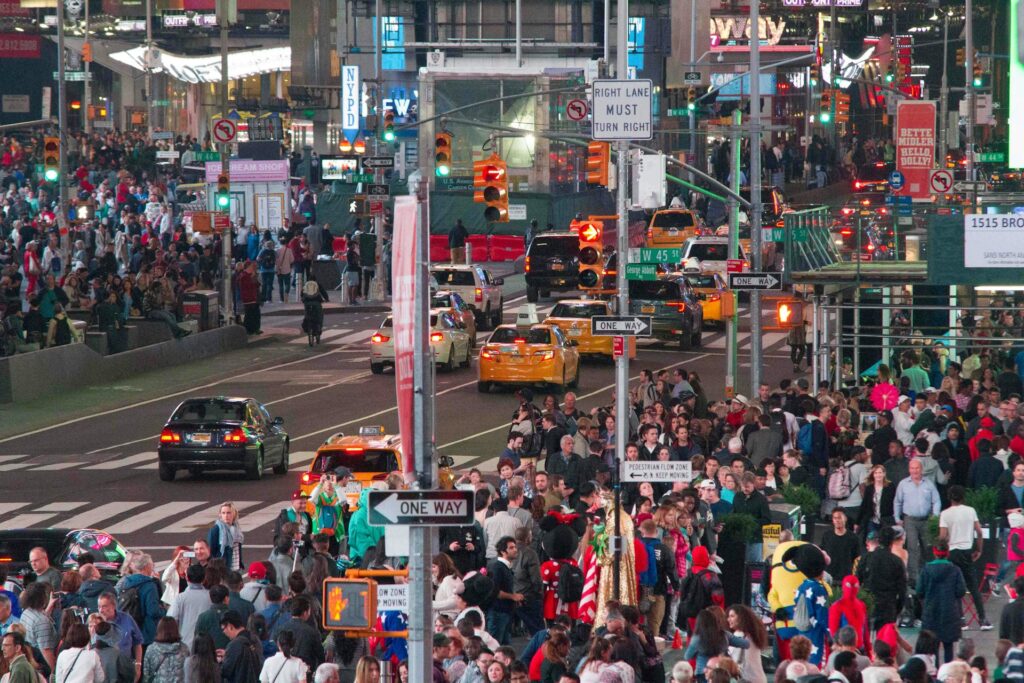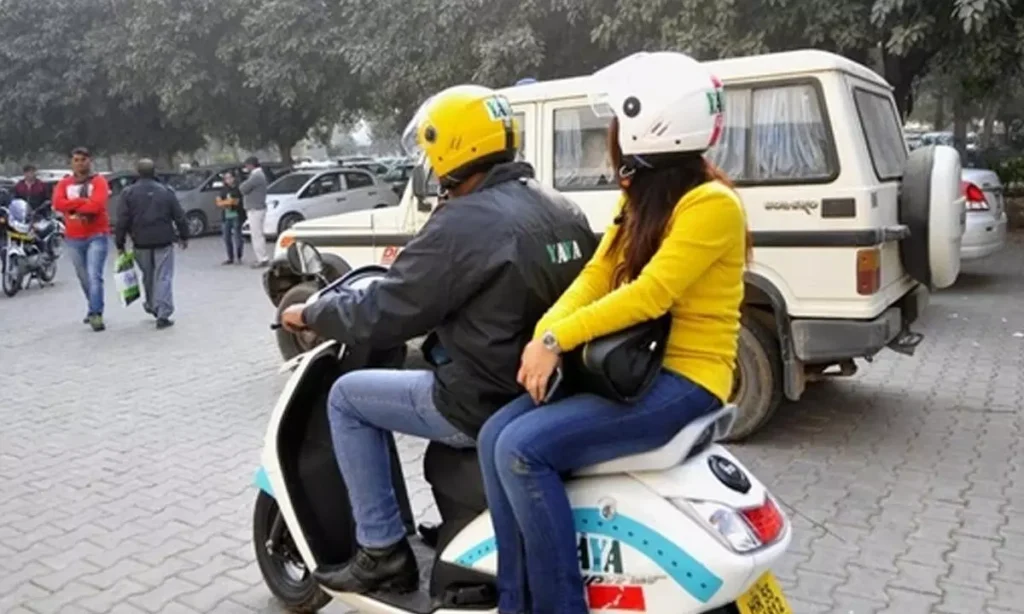The Rise and Fall of Bike Taxis in Karnataka
Bike taxis have become a vital part of urban mobility in Bengaluru, offering an affordable, quick, and traffic-dodging alternative to traditional cabs and autos. Services like Ola, Uber, and Rapido have thrived in Karnataka, particularly in Bengaluru, catering to students, daily commuters, and low-income users. However, as of June 16, 2025, a Karnataka High Court ruling has banned bike taxi operations across the state, citing the lack of a regulatory framework under the Motor Vehicles Act. This article delves into the current state of bike taxis in Karnataka, their impact on commuters and gig workers, the legal landscape, and what lies ahead for this innovative transport solution.
The Karnataka Bike Taxi Ban: What Happened?
On April 2, 2025, a single-judge bench of the Karnataka High Court ruled that bike taxi aggregators like Ola, Uber, and Rapido cannot operate without specific guidelines under Section 93 of the Motor Vehicles Act. The court gave operators six weeks to cease operations, later extended to June 15. When aggregators and bike owners appealed, a division bench led by Acting Chief Justice V Kameswar Rao declined to stay the ban, reinforcing the state’s decision to halt bike taxi services until regulations are framed.

The Karnataka government, led by Transport Minister Ramalinga Reddy, has taken a firm stance against bike taxis, citing safety concerns, lack of proper permits, and the use of white-board (private) two-wheelers for commercial purposes. On June 16, 2025, the Transport Department seized 103 bike taxis across Bengaluru and booked cases against riders, with fines of ₹5,000 for operating without permission. Some aggregators, like Rapido, attempted to circumvent the ban by rebranding services as “Bike Parcel” or “Moto Courier,” but these efforts drew criticism for flouting court orders.
Impact on Commuters and Gig Workers
The ban has significantly disrupted Bengaluru’s urban mobility. Bike taxis were a lifeline for navigating the city’s notorious traffic, offering last-mile connectivity at a fraction of the cost of autos or cabs. A report by TomTom noted an 18% surge in Bengaluru’s traffic congestion within a week of the ban, with peak-hour congestion reaching 77% compared to the usual 59%. Commuters like Shalini Kapat, a social media executive, highlighted that bike taxis cut down travel time and costs, making them indispensable for daily commutes.

For gig workers, the ban is a devastating blow. The Namma Bike Taxi Association estimates that over 100,000 riders across Karnataka, many of whom are students, daily-wage workers, or sole breadwinners, have lost their primary source of income. Riders earn an average of ₹30,000–₹35,000 per month, and the sudden halt has pushed many into financial distress. The association has appealed to leaders like Chief Minister Siddaramaiah and Congress MP Rahul Gandhi, urging a rollback of the ban and the creation of a regulatory framework to protect livelihoods.
Legal Challenges and the Fight for Regulation
The bike taxi ban has sparked legal and public pushback. Two bike owners challenged the High Court’s order, arguing that it violates their fundamental right to carry on a lawful business under Article 19(1)(g) of the Indian Constitution. Senior advocate Dhyan Chinnappa contended that the Motor Vehicles Act allows two-wheelers to be registered as transport vehicles, and the state’s refusal to issue permits creates a monopoly for existing operators like autos and cabs. The petitioners also emphasized that bike taxis ease traffic congestion and provide affordable mobility, a sentiment echoed by commuters and public figures like former Infosys CFO T.V. Mohandas Pai, who called the ban “anti-citizen”.

Industry bodies like Nasscom and the Internet and Mobile Association of India (IAMAI) have urged the Karnataka government to implement a comprehensive bike taxi policy, citing the success of such frameworks in states like Maharashtra and Delhi. Rapido, which disbursed over ₹700 crore to its captains in Bengaluru, argued that bike taxis are legal under the Motor Vehicles Act and provide livelihoods for over 600,000 people in Karnataka.
The Case for Bike Taxis: Benefits and ChallengesBenefits of Bike Taxis:
- Affordability: Bike taxis are significantly cheaper than autos or cabs, making them accessible for students and low-income commuters.
- Traffic Navigation: Two-wheelers can weave through Bengaluru’s congested streets, reducing travel time.
- Job Creation: The gig economy has empowered thousands of riders, including degree holders, to earn a living.
- Environmental Impact: Bike taxis, especially electric ones, contribute to lower emissions compared to cars.

Challenges:
- Safety Concerns: The government cites issues like poor helmet quality and lack of rider training as reasons for the ban.
- Regulatory Gaps: Without clear guidelines, bike taxis operate in a legal gray area, leading to conflicts with auto and cab unions.
- Opposition from Traditional Transport: Auto and cab drivers view bike taxis as a threat to their income, fueling protests
The Road Ahead: Can Bike Taxis Make a Comeback?
The future of bike taxis in Karnataka hinges on the state government’s willingness to draft a regulatory framework. While Transport Minister Ramalinga Reddy has shown little interest in legalizing bike taxis, ongoing legal challenges and public pressure may force a reconsideration. The Bike Taxi Welfare Association and Namma Bike Taxi Association continue to advocate for clear licensing, insurance, and safety protocols, which could address the government’s concerns while preserving livelihoods.
Other states like Maharashtra and Delhi have successfully implemented bike taxi policies, offering a potential blueprint for Karnataka. For instance, Delhi’s guidelines require yellow-board registration and driver training, balancing safety with operational freedom. A similar model could revive bike taxis in Bengaluru, supporting both commuters and gig workers
Conclusion: Balancing Innovation and Regulation
The ban on bike taxis in Karnataka reflects the tension between innovation and regulation in the gig economy. While safety and compliance are critical, a blanket ban risks stifling a service that has proven its value in Bengaluru’s urban landscape. As legal battles continue and commuters face rising costs, the state must weigh the benefits of bike taxis against the need for oversight. By adopting a progressive policy, Karnataka can restore affordable mobility, protect gig workers, and ease the city’s traffic woes.

Comments